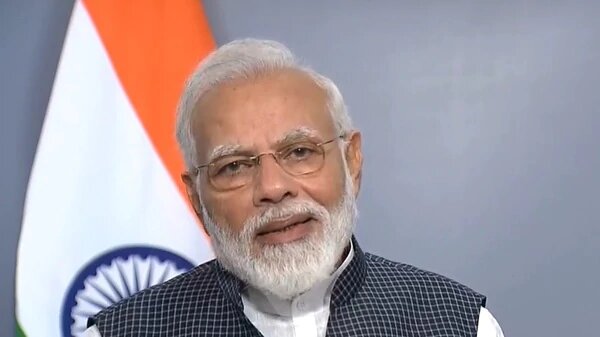Some Indian ethnic and religious minorities, especially Muslims, are not happy with the bill giving citizenship to non-Muslim migrants.
The Indian citizenship law has stirred protests over the past few weeks, many calling them the largest demonstrations in the government of the Indian Prime Minister Narendra Modi.
The protests have also been very violent and inflammatory. Indian police said at least 23 protesters have been killed in the protests.
The government stated in its justification for the law that it will grant Indian citizenship for non-Muslim minorities from Afghanistan, Bangladesh and Pakistan.
By the legislation, a great number of non-Muslim immigrants will stream into India from neighboring countries and the region. Besides Muslims, non-Muslims also opposed and protested the new citizenship law, as they are concerned about the huge number of immigrants that will come to India due to the law. A significant part of the recent protests was demonstrated in the northeast of the country.
In other words, people in the northeastern states of India, where a large number of Bangladeshi immigrants live, believe that the bill will undermine local culture and increase the immigrants’ influence in these areas.
What is wrong with the citizenship law?
The most important disadvantage of the law is that it creates a hierarchy among citizens based on their religion. In fact, the bill seeks to introduce a citizen hierarchy. Accordingly, some illegal Indian immigrants are given priority to others because of their religion. While non-Muslim immigrants will be able to obtain Indian citizenship, such an opportunity is not provided for Muslim immigrants. Based to statistics, about 20 million Muslim Immigrants in India do not have identification document and are regarded as non-citizen and illegal immigrants, despite living in the country for decades.
The Indian critics say the law undermines the country’s secular constitution.
Old-line ethnic acts by the Indian government
The citizenship law had already been stated earlier in 2016, but the protests at that time rolled back the law.
However, the representatives of Modi’s nationalist party have announced in the parliament that the government will not back down on the implementation of the bill under no circumstances.
In response to the protests, the prime minister attributed the recent events to his domestic opponents and the rival party. Modi also refused to show flexibility toward the protests. In such circumstances, it seems that the government is seeking to politicize the issue and bipolarize its supporters and opponents in the face of recent internal tensions.
Revoking the autonomy of Muslim-populated Jammu and Kashmir state, as well as threatening to strip citizenship from 1.9 million of residents in Assam, which mainly include Muslim immigrants from India’s neighboring country, Bangladesh, are among the measures taken by the conservative government against Muslims in the past year.
Therefore, it can be concluded that ethnic policies are not limited to the new citizenship law, but more generally the government is pursuing an ethnic approach to domestic affairs, especially against Muslims.
The way that the government treats the Indian Muslims along with officials’ ethnic policies, including the citizenship law, clearly shows the roll-back of the world’s greatest diplomacy.
The roll-back, at the same time of being discretionary, is a disproportionate attempt to return to identity. The Indian government is carrying out the attempt, largely defined in terms of Hindu identity, in an inefficient way.
India seems to be entering a new critical phase of identity, which makes religion a criteria for citizenship.
In fact, despite the political democracy in India that pursues a liberal democracy, putting the issue of identity aside over the past years has had an opposite result and caused the conservatives took power. In an inefficient roll-back, India’s conservatives are seeking to highlight a form of insider identity against outsider, with a focus on Hindu identity and confrontation with Muslim identity.
It is not clear that how long the current crisis resulted from inefficient identity policies last in India, but one can expect that entering the stage of identity crisis in liberal-democratic countries that have ignored identity diversity will continue.


No comments:
Post a Comment